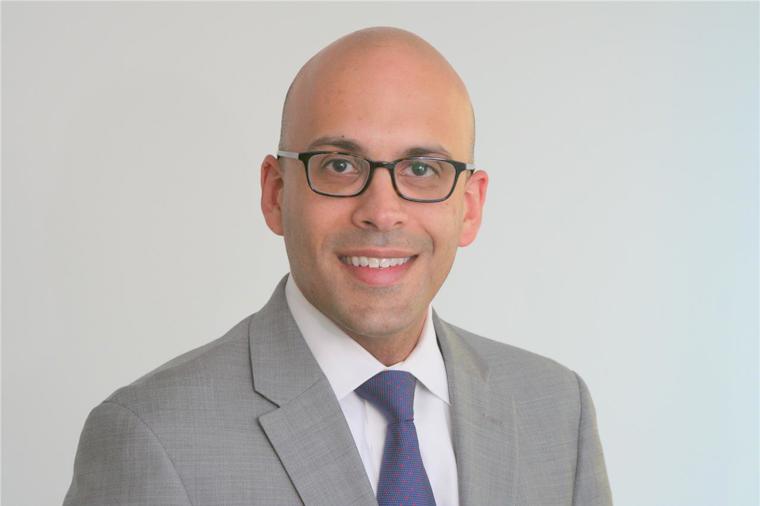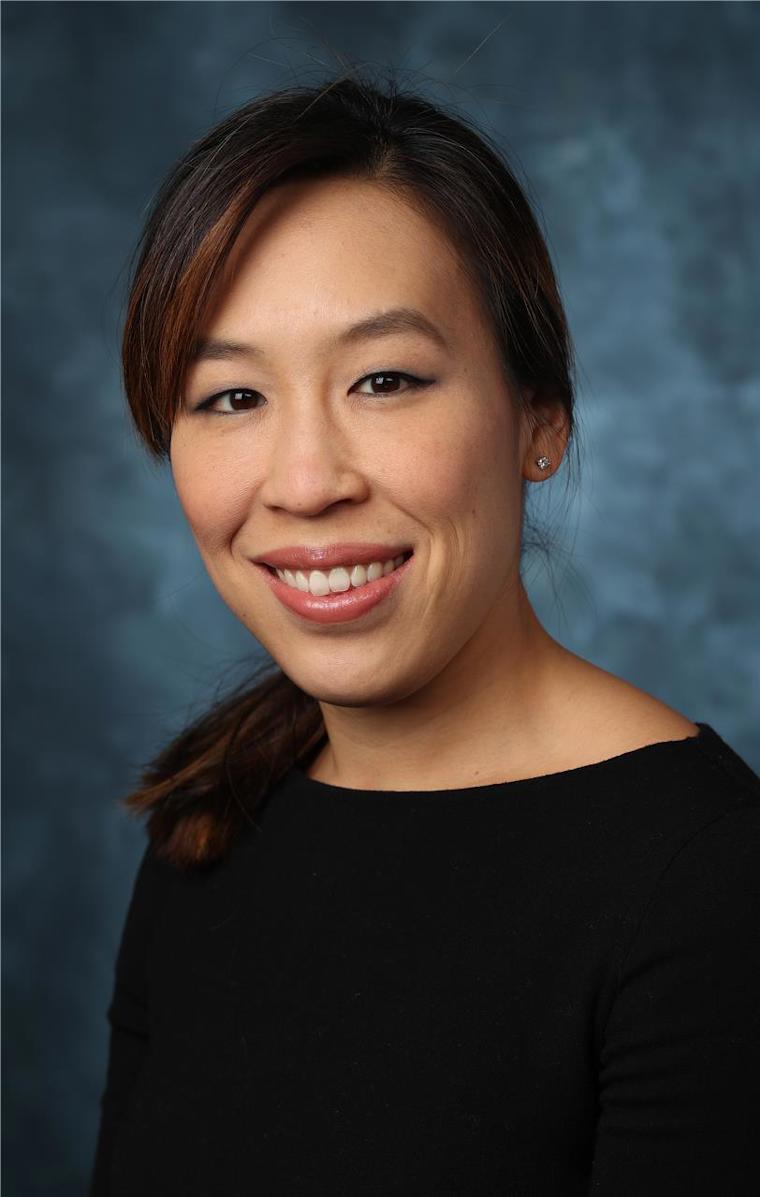An Interview with the Principal Investigators of the SECOND Trial on Well-being
The well-being of everyone in the graduate medical education (GME) community, including patients, continues to be of top concern for the ACGME, reflected in our Common Program Requirements, and through ongoing initiatives and educational activities.
An important aspect of protecting and enhancing well-being is to regularly review research and consider feedback from the GME community, and incorporate findings into decision-making around updates to our requirements, particularly with regard to clinical work hours of residents and fellows.
In 2016, the ACGME requested position statements on resident and fellow work hours from every specialty society and program directors association. All specialty societies affirmed their support for the 80-hour standard, when averaged over four weeks, while requesting greater flexibility for programs and residents and fellows within those maximum hours.
That same year, results from the Flexibility in Duty Hour Requirements for Surgical Trainees (FIRST) Trial supported the well-established ACGME work requirement around 80 hours and found no difference between standard and flexible study arms for resident or patient outcomes
The FIRST trial identified the need to dive deeper into the factors affecting resident well-being and study why there was significant variation between programs. To address this issue, the principal investigators of the FIRST Trial are embarking on a new study, called the Surgical Education Culture Optimization Through Targeted Interventions Based on National Comparative Data (SECOND Trial). With planning and enrollment underway, we decided to interview the principal investigators, Karl Bilimoria, MD, MS and Yue-Yung Hu, MD, MPH, to get more background and information about the study and how to participate.
Note: In the latest revision to the Common Program Requirements, the ACGME replaced the term “duty hours” with “clinical work and education hours.”
ACGME: Tell us about yourselves and your interest in this work.
Dr. Bilimoria: I’m a surgical oncologist at Northwestern University Feinberg School of Medicine [Northwestern] and the Director of the Surgical Outcomes and Quality Improvement Center [SOQIC] there. I have been long focused on quality and safety improvement. I was the Principal Investigator for the FIRST Trial, which sits right at that intersection of surgical education and patient care, and is one of the most rigorous studies in the surgical education world. I am also the Director of the Illinois Surgical Quality Improvement Collaborative [ISQIC], which is a coordinated effort of 51 hospitals in Illinois to enact statewide quality improvement interventions.
Dr. Hu: I’m a pediatric surgeon at Lurie Children’s Hospital, a health services researcher at the [SOQIC], and Associate Program Director of Wellness in the Northwestern General Surgery program. I started out doing health services research in my residency training, and was drawn to the idea of generating data to improve surgical quality and safety at a population level. I also became really interested in the idea of culture – what drives us to behave as we do, and how does that impact how we all work and deliver care? Since then, I’ve come to see surgical education and training culture as a natural extension of that work – we need well-trained surgeons to provide quality care to patients, and we know that there are environmental factors that impact learning. What are they, how do they come to be, and how can we change them?
Karl is my mentor – he’s why I came to Northwestern.
ACGME: Can you summarize what you discovered in the FIRST Trial? What led you decide to conduct the SECOND Trial?
Dr. Bilimoria: The FIRST Trial randomized programs to either standard duty hours or flexible duty hours. There was no difference between study arms in terms of patient outcomes, such as 30-day mortality rate or post-operative complications, nor resident outcomes. However, the rate of poor well-being was substantial in both arms and continues to worsen over time. In 2019, 39% of residents reported weekly burnout symptoms!
And we found many things in the learning environment that drive poor well-being. There was a lot of variation between programs; it seems some have already learned a lot about wellness, which they can teach the rest of us. We thought we could leverage this variation, as well as the Surgical Education Consortium that came together to conduct the FIRST Trial, and our experience coordinating Illinois Surgical Quality Improvement Collaborative quality improvement initiatives, to move the needle on well-being. That’s how the SECOND Trial was born.
ACGME: Can you give a brief description of the study and who is involved? What are the timelines?
Dr. Hu: All ACGME-accredited programs are eligible for enrollment. All programs in the SECOND Trial will receive data on their residents’ well-being (burnout, thoughts of attrition, and suicidality), benchmarked against other programs in the country. Programs randomized to intervention will be given additional granular data about their learning environments, such as resident camaraderie and faculty engagement, benchmarked against other programs in the country. They will also receive access to a wellness toolkit of ready-to-implement interventions.
We intend for this data to serve as a needs assessment that will allow programs to intentionally select relevant interventions from the toolkit. The study team will also provide implementation support, just as we support ISQIC hospitals in implementing statewide quality improvement initiatives. We’re hoping to randomize later in the fall and provide the data and toolkit access in the winter.
ACGME: What do you think is most important for the GME community to know about this study and how it impacts them?
Dr. Hu: I think everyone recognizes that well-being is a pressing issue, and no program wants to find itself reacting to a suicide or a mass exodus of residents. But programs have really struggled with how to know if it is their issue. First, it’s difficult to measure. Even if you as program leadership have the initiative and resources to identify and administer an appropriate instrument to your residents, those results are really hard to put into context. While most study groups are using the Maslach Burnout Inventory, there are 47 different published ways of interpreting the results! Which should you choose? And what does that mean about how your rates compare to others that were calculated using different methods?
Moreover, until we started this work, there was never a complete sample, so non-response bias was a major limitation, that is, rates could look high because non-burned-out people don’t respond to these surveys. Our data come from a survey given out with ABSITE, an exam every resident in an ACGME-accredited surgery residency program takes, and we have a response rate of >99%. We can provide real benchmarked data that no one else can. Second, even if you know your program has an issue with wellness, what do you do about it? There are so many factors that impact wellness. Where do you start? And how? This is a relatively nascent field, so there isn’t a lot of robust data on what works and what doesn’t. Most of the work has been conducted within a single institution, and while it’s good work that I personally believe in, it’s often underpowered to detect statistically significant differences.
It’s also hard to know how what work will export to other institutions with different cultures. The SECOND Trial seeks to bridge that gap.
Finally, we want to make sure that increased attention to well-being doesn’t adversely impact resident [and fellow] education or patient care. As the GME community turns its attention to well-being, these are all important things to know! We expect that what we find is generalizable to other fields of medicine, too.
ACGME: How can programs sign up to be a part of the study?
Dr. Hu: If you are interested in participating in the study, email SECOND@northwestern.edu.
Editorial Note: The ACGME is collaborating with the American College of Surgeons and the American Board of Surgery to assist with financial support of the study. Dr. Thomas Nasca is a co-investigator on the Second Trial.




